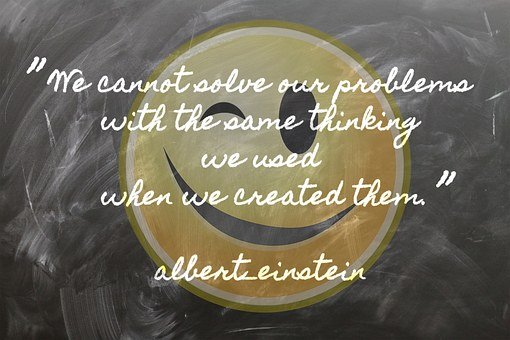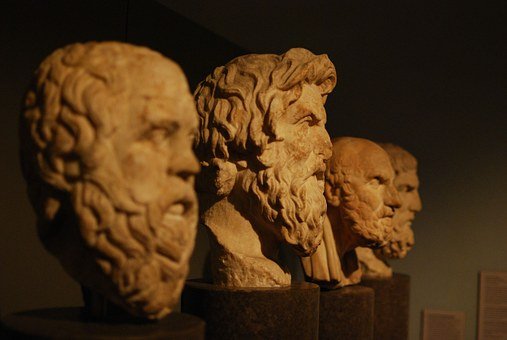In Kant on Moral Worth / Is Kant ideas moral or morally base. I said that I thought Kantian ethics is morally base. I share that " to me one is commanded by there own essence. Who they are and not what they are ". Source A slightly more important understanding about what I said is the following

"Some people are easily lead. Wanting some mommy or daddy figure to comfort them with directions. They are still people, but wanting in character and will. Some people neither want nor accept someones directions. They too are still people, just self sufficient."
You can read my source for Kantian Ethics KANTIAN ETHICS - California State University.
You see to me if your intent is to support good that is nice, but if the consequences are evil intent doesn't make you moral.

To be fair to Kant, I must disclose that I have not directly read Kant's writings and sadly the shillary in the sources explanation creates the logical condition that the source is bias and perhaps slanting Kantian views, ,because I have made claims based upon what was provided and am now bound to support my claims using logic and reason or be as morally base as the source claims make Kant seem.


The truth versus the liars will be the moral right and wrong. The primiss are stated one positively and one negatively showing that morally there is only one direction that is moral. Then I ask a question about being a liar and discus what Kantian Ethics as presented by KANTIAN ETHICS - California State University has to say about intent.
The premiss is "It is always moral to fix unintended harms"
and to contrast
"It is always morally base to not fix unintended harms"
Question
Is it ever moral to be a liar?

What does the KANTIAN ETHICS - California State University. claim about why intent does not count when deciding the moral worth of a person.
e) The wrong interpretation: Consider the case described above about the lottery winner giving to charity. Imagine that he gives to a charity and he intends to save hundreds of starving children in a remote village. The food arrives in the village but a group of rebels finds out that they have food, and they come to steal the food and end up killing all the children in the village and the adults too.The intended consequence of feeding starving children was good, and the actual consequences were bad. Kant is not saying that we should look at the intended consequences in order to make a moral evaluation. Kant is claiming that regardless of intended or actual consequences, moral worth is properly assessed by looking at the motivation of the action, which may be selfish even if the intended consequences are good.
In the case of a liar the intent could be a good and moral intent, does this turn a liar into a moral person. No it does not. To me such thinking creates slavery and tyranny through slight of hand misdirection.



